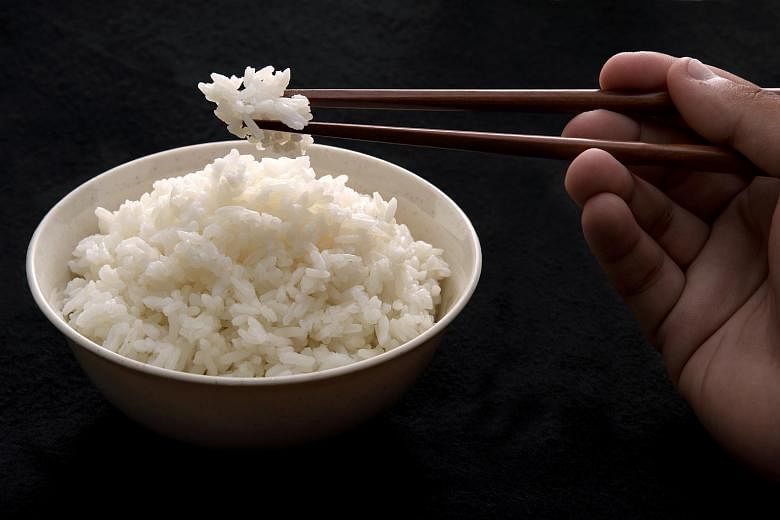It was shocking to read about how white rice purportedly does more to increase one's risk of diabetes than soft drinks ("Diabetes: The rice you eat is worse than sugary drinks"; last Friday).
However, while the scientific reasoning behind the findings might be solid, it is somewhat counterproductive to view diseases such as diabetes strictly through the lens of nutrition alone.
Let us not forget that these kinds of ailments also have a significant socio-economic component.
For instance, low-income individuals are generally acknowledged to have a higher risk of contracting diabetes because of key aspects of their lifestyle.
Their limited finances might restrict their ability to purchase fresh or healthier produce, while long work hours might preclude home cooking or exercise.
This drives them to cheaper but unhealthier instant, canned and fast foods, in tandem with perhaps a more sedentary lifestyle.
A lack of access to education - particularly health education - among the disadvantaged classes might also impact their ability to plan or control their dietary intake.
Acknowledging and addressing these varied risk factors, rather than treating the disease as a monodimensional problem of diet, can help us further hone our institutional responses towards diabetes.
Confining our response to the level of sugar taxes, as has been proposed, simply will not do ("Sugar tax may not be best weapon in war on diabetes" by Mr Chan Yeow Chuan; last Friday, and "War on diabetes: Sugar tax a sweet idea"; last Thursday).
So-called "sin taxes" have a spotty record of effectiveness - similar measures implemented against tobacco and alcohol, for example, have done little to curb overall consumption of these products.
Moreover, it would unfairly penalise the aforementioned vulnerable members of society, whose purchasing decisions are largely made out of necessity rather than by choice.
Instead, the war against diabetes should address the urban lifestyle and, by extension, the choices that individuals make every day.
Rather than using the blunt instrument of taxation, the Health Ministry should instead consider modifying its public information campaigns, and use more modern and persuasive approaches, rather than tired and banal slogans and advertisements.
Correcting socio-economic inequality - using government policies not necessarily related to nutrition - would tackle a major root cause of diabetes.
Indeed, one could say that strengthening rice bowls - livelihoods, that is - might prove more effective at fighting diabetes than limiting the intake of actual bowls of rice.
Paul Chan Poh Hoi

